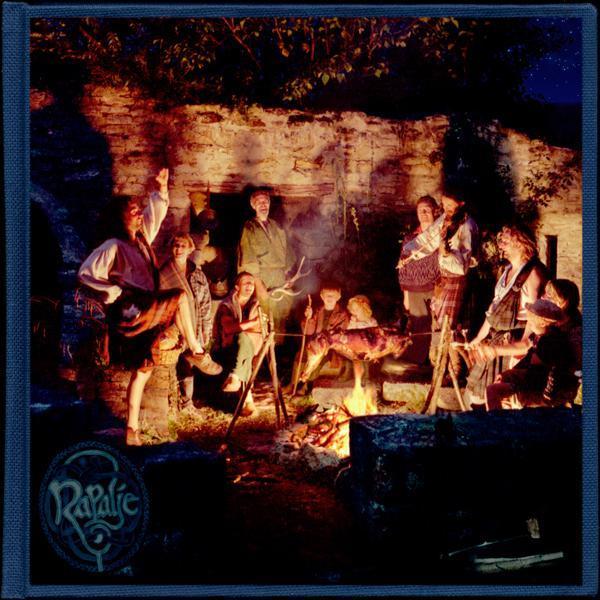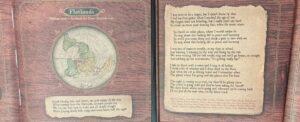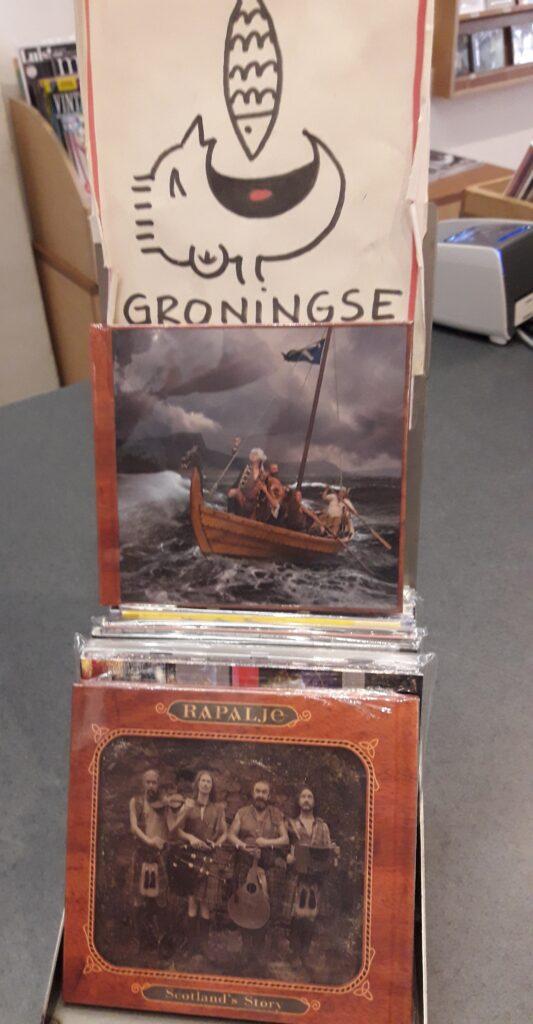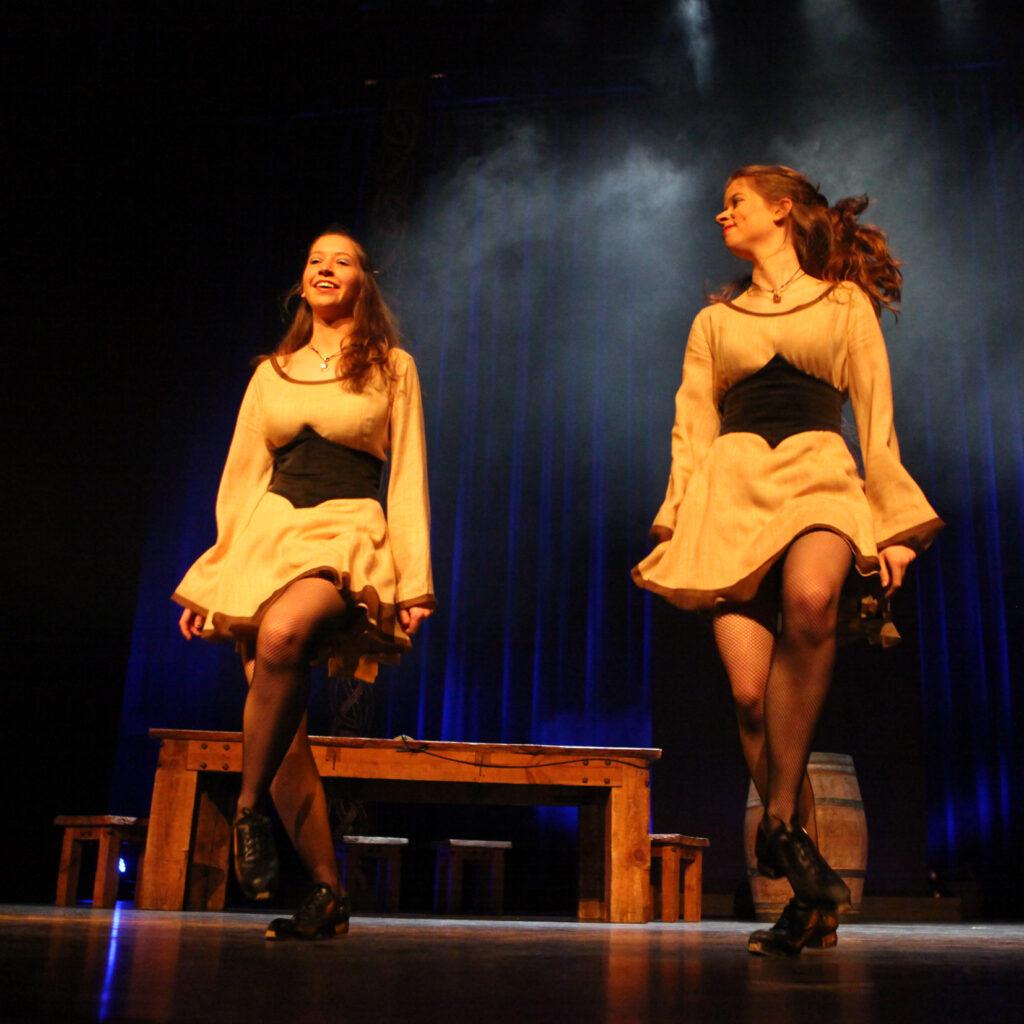The Craic was 90 in the Isle of Man – Zomerfolk
Dies ist eine spezielle Version von The Craic war 90 in the Isle of Man, wir spielen bei unserem eigenen Zomerfolk Festival, es ist spät am Samstagabend und David beschließt, alle Ballons, die wir hinter der Bühne haben, und Crowdsurf mit dem aufblasbaren Einhorn herauszubringen. Sie können Maceál während des Tracks lachen hören, tolle Erinnerungen für uns und ein tolles Lied!
Background info – The Craic was 90 in the Isle of Man
Das wichtige Wort in diesem Lied ist natürlich Craic oder the Craic. Das Wort hat eine ungewöhnliche Geschichte; Der schottische und englische Crack wurde Mitte des 20. Jahrhunderts als Craic ins Irische entlehnt, und die irische Schreibweise wurde dann wieder ins Englische entlehnt. Craic oder Crack ist ein Begriff für Nachrichten, Klatsch, Spaß, Unterhaltung und unterhaltsame Gespräche. Der Begriff hat in Irland eine große kulturelle Bedeutung. Wir verwenden ihn oft als Erinnerung an eine gute Zeit. Erinnerst du dich an diese Nacht? – Yeah, the craic was 90!
Lyrics – The Craic was 90 in the Isle of Man
1
Weren’t we the rare oul‘ stock? Spent the evenin‘ gettin‘ locked
In the Ace of Hearts where the high stools were engaging,
Over the Butt Bridge, down by the dock
The boat she sailed at five o’clock
„Hurry, boys,“ said Whack, or before we’re there we’ll all be back
Carry him if you can The Crack was Ninety in the Isle of Man.
2
Before we reached the Alexander Base; The ding dong we did surely raise
In the bar of the ship we had great sport, as the boat she sailed out of the port
Landed up in the Douglas Head enquired for a vacant bed.
The dining room we soon got shown by a decent woman up the road.
‚Lads, ate it if you can, The Crack was Ninety in the Isle of Man.
3
Next morning we went for a ramble round; Viewed the sights of Douglas Town
Then we went tor a mighty session, in a pub they call Dick Darby’s.
We must have been drunk by half-past three; To sober up we went swimmin‘ in the sea
Back to the digs for the spruce up, and while waitin‘ for the fry
We all drew up our plan; The Crack was Ninety in the Isle of Man.
4
That night we went to the Texas Bar; Came back down by horse and car.
Met Big Jim and all went in to drink some wine in Yate’s.
The Liverpool Judies, it was said, were all to be found in the Douglas Head
McShane was there in his suit and shirt, Them foreign girls he was tryin‘ to flirt
Sayin‘ „Here girls, I’m your man,“ The Crack was Ninety in the Isle of Man.
5
Whacker fancied his good looks; On an Isle of Man woman he was struck.
But a Liverpool lad was by her side. And he throwin’the jar into her.‘
Whacker thought he’d take a chance; He asked the quare one out to dance.
Around the floor they stepped it out, And to Whack it was no bother.
Everythin‘ was goin‘ to plan; The Crack was Ninety in the Isle of Man.
6
The Isle of Man woman fancied Whack; Your man stood there till his mates came back
Whack! they all whacked into Whack, and Whack was whacked out on his back.
The police force arrived as well, Banjoed a couple of them as well,
Landed up in the Douglas jail, until the Dublin boat did sail,
Deported every man, The Crack was Ninety in the Isle of Man.
The Craic was 90 in the Isle of Man is available on our CD Alesia

Support us at https://rapalje.com/stream
Help David support the cultural sector: https://rapalje.com/donation
Shop for beautiful Rapalje products: https://rapalje.com/shop/
Come and see us in person: https://rapalje.com/agenda/
See the streams at https://www.facebook.com/rapalje
We livestream every tuesday at 20:00 CET, check our agenda for other shows and streams







